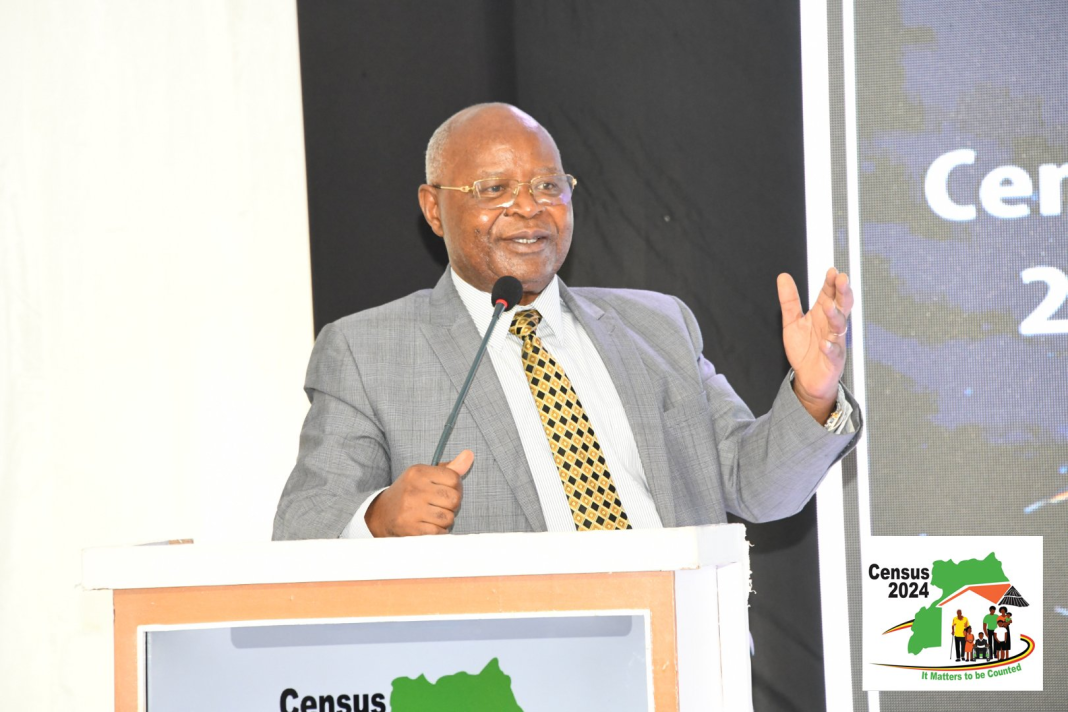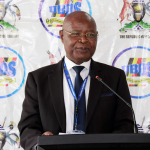The Executive Director of the Uganda National Bureau of Statistics (UBOS) has admitted that the final report of the 2024 census had some errors but said this will not force him to resign.
Dr Chris Mukiza said the errors were simply human where the numbers of two tribes were allocated to one another.
“The population of the Bakiga was swapped with that of the Bagisu, and it is a human error. I am convinced we did a very good job,” he told journalists in Kampala on Tuesday.
“The only problem was at the final reporting stage, and nobody saw it. The population of the Bakiga was swapped, and that was all. That doesn’t dent the credibility of the census report. We need to style up as a country,” he added.
The provisional results, released less than a week ago, indicated that the Bagisu tribe’s population had reduced to 2,096,149 in 2024, down from 2,390,975, while the Acholi were reported at 1,941,913, down from 2,131,443 in 2014. Regarding religious denominations, the report showed increases in the number of faithful in some of the dominant religions in the country.
Vincent Fred Ssenono, the UBOS Deputy Executive director, explained that the population of almost all major tribes grew from the 2014 data. “There was a 2.4% growth rate for Baganda, Banyankore, Basoga, Bateso, and Bakiga. All indicators show growth in almost all tribes in a similar way.”
“As UBOS, we say to err is human. When you note an error, you call the public and inform them. There was no error in the number of Catholics, Anglicans, and Muslims as had been claimed.” Ssenono said.
UBOS officials insisted that the error was a minor issue and should not be overblown. They maintained that the data is credible and that acknowledging and understanding the error is what matters.
Dr Mukiza said that he would not resign over a human error, despite demands from some sections of the public. “I am one of the best statisticians, by the way, and if you want to find a better one, I wish you good luck.”
The executive director emphasized that the census results were accurate, and the error only occurred in the data process, at the very tail end of the exercise, going unnoticed during earlier stages.
He added that the bureau is yet to release the final results report, which is expected in December. He explained that a significant amount of data has not yet been released.
“We shall still come back in December with the final report, explaining all the other indicators, and there’s a lot of data that we have not given you.” he said.







